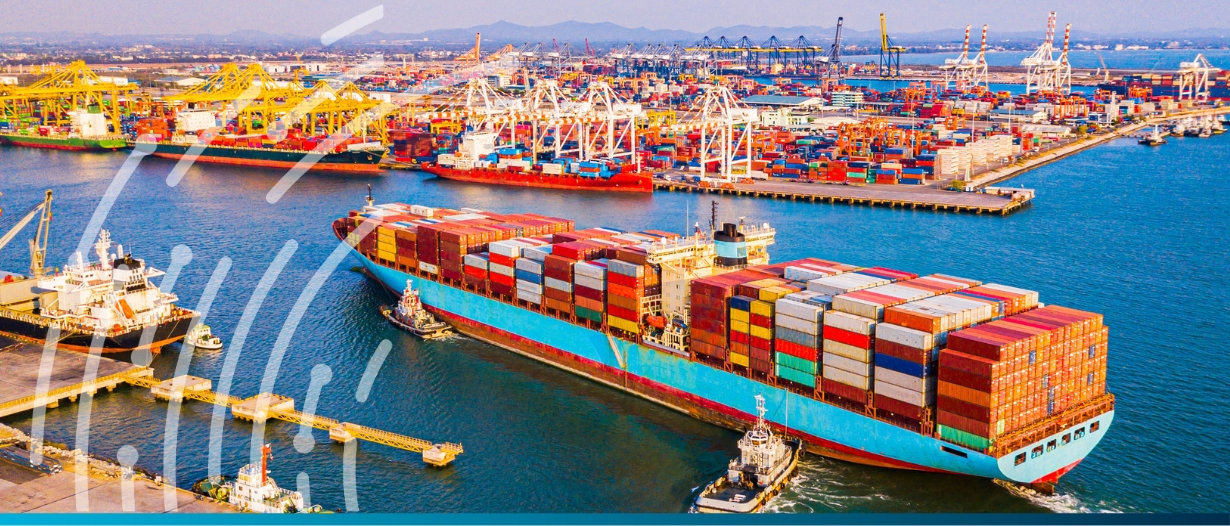Estimated reading time: 2 minutes
The Chartered Institute of Export and International Trade, the UK association of importers and exporters, announced on 25 September the launch of a new Imports Advisory Practice aimed at helping UK businesses navigate importing and supply chain challenges.
The practice will provide firms with expert advice and support on challenges related to trade and customs, from navigating new IT systems to wider supply chain digitisation and complying with changing regulations.
Services for importers include one-off international trade help sessions with a team of experts, advice on navigating new rules on sanitary controls, and simplified declaration procedures.
Firms can also access support about applying inward and outward processing procedures, used to reduce costs associated with imports and increasing efficiency.
The Imports Advisory Practice will be staffed by a team of experts with years of experience in trade, import operations, and customs. “We will be meticulously monitoring and studying regulatory changes and technical advances in import processes so that we can support businesses with up-to-date, specialist expertise,” said Ilona Kawka, the practice’s advisory lead.
This announcement comes as a new report by the Chartered Institute, released on the same day, sets out 10 key rule changes that will affect UK and EU traders in the coming year. The whitepaper covers regulatory changes related to the environment, including:
- ESG standards and carbon border adjustment mechanisms;
- EU and UK customs reforms;
- and increased reliance on digitisation.
It’s hoped that this Advisory Practice will help importers adapt to these challenges.
UK businesses have been struggling with import regulations for years, with SMEs bearing the brunt of the problem, and Brexit has only increased complexity. A 2022 British Chamber of Commerce report found that customs procedures (47%) and regulatory issues (41%) were among the top reasons cited by UK businesses as barriers to exporting.
Even when changes are aimed at streamlining the import process, as many have been in recent months (especially between the UK and EU), it can still take businesses time to adjust and adapt to the new practices.
“This level of change requires businesses to ensure they are constantly maintaining and updating their understanding of new rules and systems in order to trade compliantly and competitively,” said Kevin Shakespeare, the Chartered Institute’s director of Advisory Services.
For now, the Advisory Practice is aimed at manufacturers, retailers, wholesalers, distributors, and food and drink businesses who import products from abroad (primarily the EU) into the UK: but its success could result in initiatives directed at a wider range of businesses.























